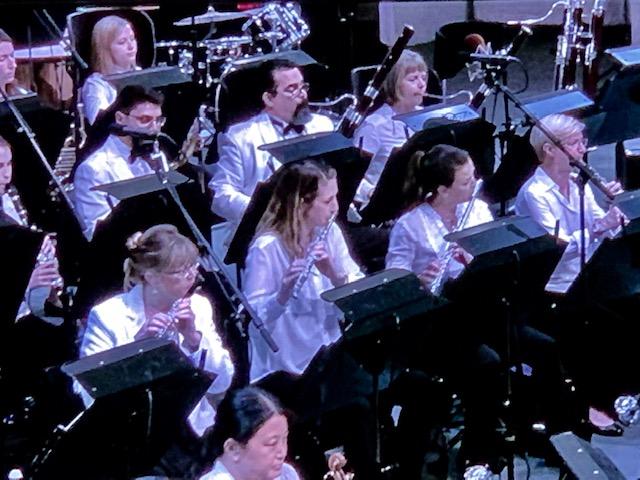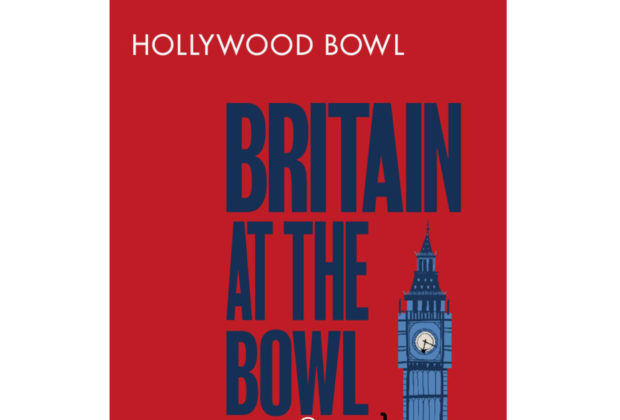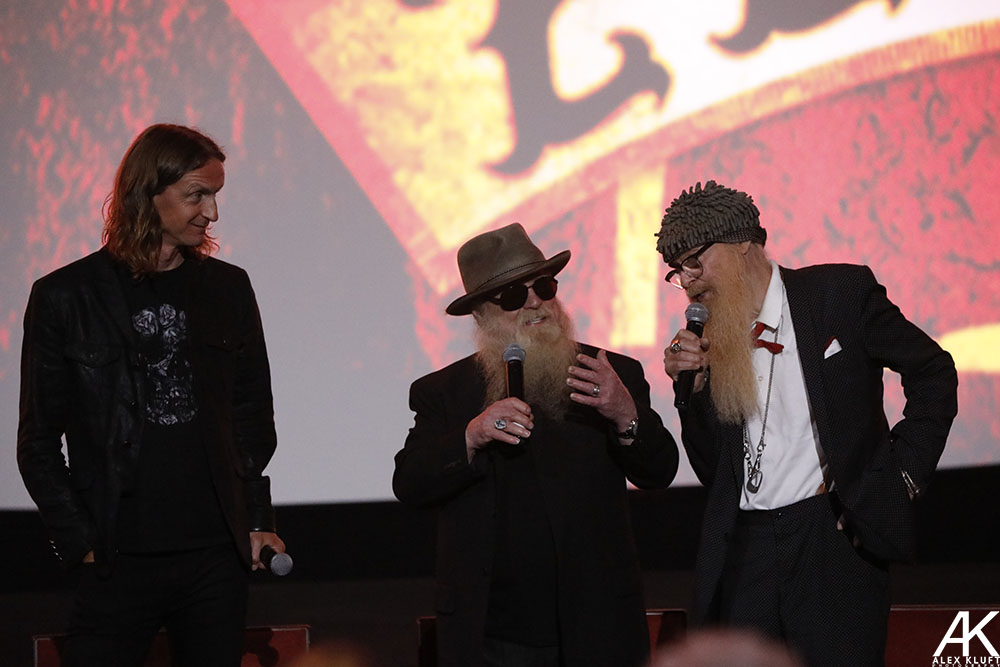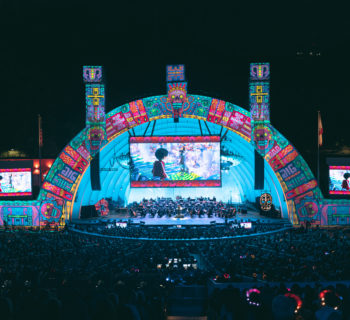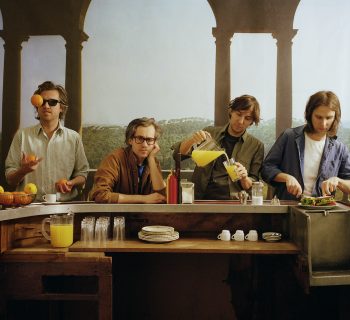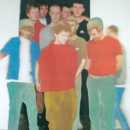Everyone loves a good "comeback, beat the odds, put on a cheery face despite enduring life’s darkest traumas" story—and in the midst of another spectacular classical season, the Hollywood Bowl has one. Two months after a diagnosis of a rare form of cancer and an initial operation to remove a tumor, Bramwell Tovey—one of the venue’s most beloved guest conductors—is still in the midst of a six-month treatment plan that necessitated the cancellation in July of two dates with the New York Philharmonic at Colorado’s Bravo! Vail Music Festival. In light of these heavy personal challenges, his August appearances on the conductor’s stand before the LA Phil are a true profile in courage.
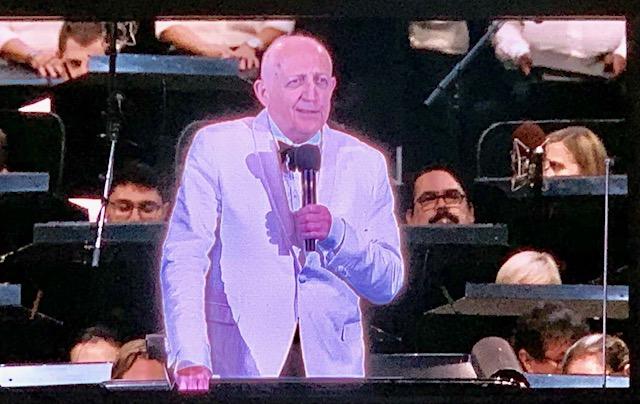
Bramwell Tovey
But you wouldn’t know any of this from just attending the rousing shows—two joy- and splendor-filled nights of the Tchaikovsky Spectacular with Fireworks followed by a night presenting the rousing and cheeky good Anglophile cheer of Britain at the Bowl. Keeping his private travails private, the British born conductor—who led the Vancouver Symphony Orchestra for 18 years—preferred to keep all of his stage banter focused, often hilariously so, on anecdotes related to the ingeniously assembled setlists.
Classical music can certainly be enjoyed for the dynamics an orchestra offers and the sheer artistry of the conductor and the individual and collective genius of the musicians. Yet it can also be presented in such a way that it becomes more than a night of classy, high brow entertainment. Context is everything, and Tovey was the ideal conductor to provide anecdotes and grand British humor galore before each piece of the British presentation. He didn’t hold back the brash jibes at his own nation, jumping playfully on new Prime Minister Boris Johnson, the Brexit ordeal and even the introductory number of “God Save The Queen,” sung beautifully by the Los Angeles Master Chorale. The tune is familiar melodically to Americans for its adaptation as “My Country Tis of Thee.” His tongue-in-cheek storytelling throughout the evening helped draw even the British natives in attendance deeper into the background of each piece while showcasing the irreverent, decidedly un-PC humor the culture is so beloved for.
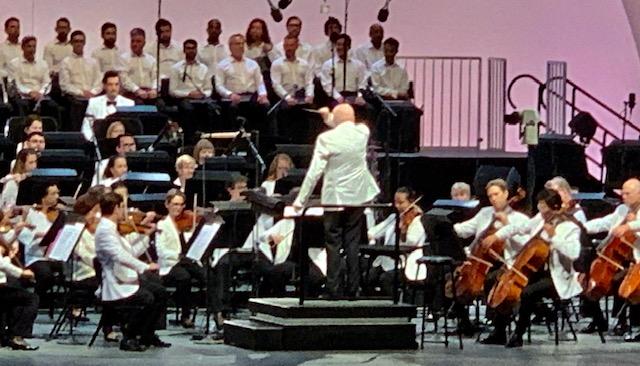
The concept of Britain at the Bowl is to spotlight the UK’s spirited and varied contributions to the classical realm, which is often dominated by performances of works by composers from almost everywhere else in Eurasia. The night offered a delightfully mixed bag that offered great moments of laughter along with more serious moments, and in the case of Benjamin Britten’s “The Young Person’s Guide to the Orchestra,” a literally educational exercise. Handel’s “Zordak The Priest” is a rousing five-minute piece devoted to a snippet of King Solomon’s life and, with the choir repeating “rejoice,” sounds very much like the composer’s better-known work Messiah. Britten’s 17-minute work was created to accompany a 1946 educational film of that title. As such, it bounces around, spotlighting different sections of the orchestra, and it was fun to compare the highs and lows of the orchestra with the way Tovey described how it would occur before they began.
After a lively, rambunctious roll through Eric Coates’ “The Dam Busters March” (which was as energized and dam-busting as the title implies!), the highlight of the presentation came in the form of four short, mostly comical pieces from Gilbert & Sullivan’s Iolanthe, The Mikado and H.M.S. Pinafore. Tovey explained that the duo’s works were what started the public lampooning of politicians and made it safe in the public spotlight. Iolanthe was a premier satire of British government, driven by a confrontation between Parliament and fairies; because the LA Phil presented only the Overture to the piece, it was left to our imagination to see how humorous those possibilities were.
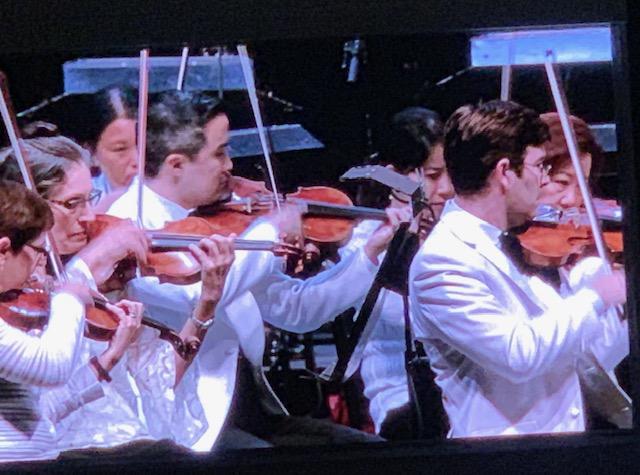
Sir Thomas Allen, who has sung over 50 roles at the Royal Opera House and is beloved as a vocalist and director for companies all over the world, came out and stole the show with his soaring intonations and bold, whimsical-as-heck delivery of Gilbert’s hilarious, often biting words on the snippets “As someday it may happen…”. “Fair Moon, to thee I sing” and “When I Was a Lad.” He added freshly-penned lines to the latter piece, also known as the “Little List” song, earning the most rousing laughter of the night for his mocking of the current American president.
Wrapping up the charming, uplifting evening, Tovey, the L.A. Phil and the L.A. Master Chorale did a sweeping run through “Thank You, Mr. Coward!”, a freewheeling medley of romantic and (again!) cheeky humor-filled flashes of spritely genius by playwright, composer and director Noel Coward. It was wonderful to learn the source material of the title of Joe Cocker’s classic Mad Dogs and Englishman album! Then the Bowl crowd was allowed to graduate—sans caps and gowns—as the conductor led the Phil and the Chorale through the familiar strains of “Pomp and Circumstance, March No. 1” by Edward Elgar. Who knew the piece had such a rousing opening segment and actual, inspiring words? Like everything in this incredible celebration of British music, it was another opportunity to be pleasantly surprised, educated and transported.
